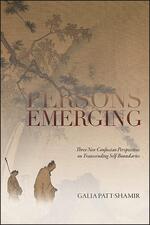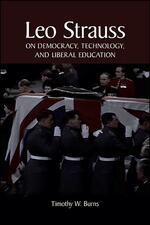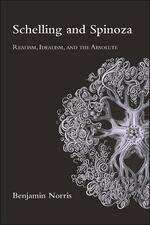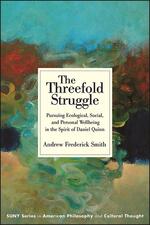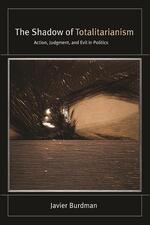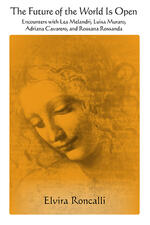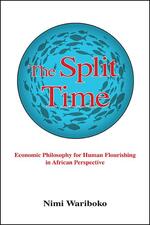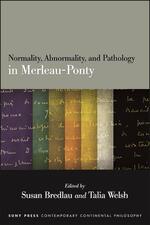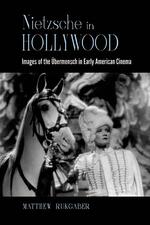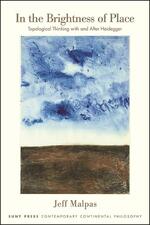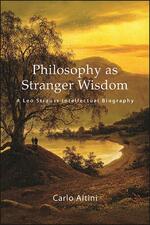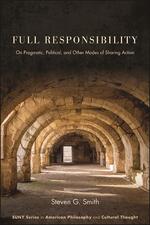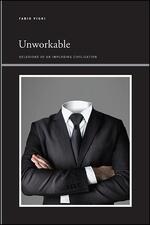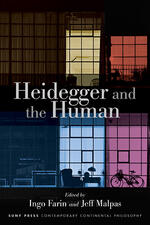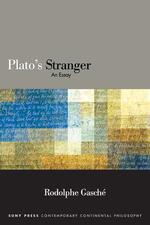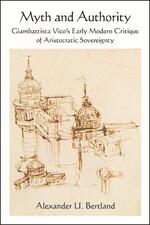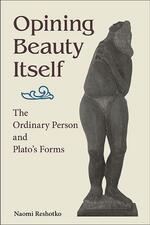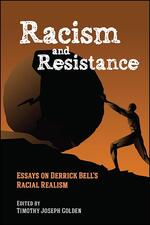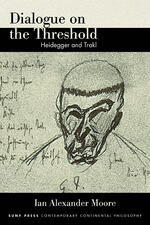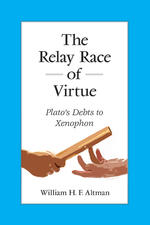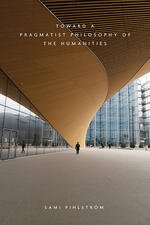Fall 2022 - Philosophy
Persons Emerging
Offers three neo-Confucian understandings of broadening the Way as broadening oneself, through an ongoing process of removing self-boundaries.
Leo Strauss on Democracy, Technology, and Liberal Education
The first book-length study of Leo Strauss' understanding of the relation between modern democracy, technology, and liberal education.
Schelling and Spinoza
Presents a novel interpretation of Schelling's philosophy by way of his reading and critique of Spinoza.
The Threefold Struggle
Drawing on the thought of novelist and cultural critic Daniel Quinn, argues it is not too late to free ourselves from a culture in which we are compelled to destroy the world, one another, and even ourselves.
The Shadow of Totalitarianism
Examines the relationship of evil, action, and judgment in the work of Immanuel Kant, Hannah Arendt, and Jean-François Lyotard.
The Future of the World Is Open
Conversations with prominent Italian feminist thinkers Lea Melandri, Luisa Muraro, and Adriana Cavaero, as well as three essays - appearing in English for the first time - by author, journalist, and renown political figure Rossana Rossanda.
Event of Signature
In dialogue with Derrida, formulates a new philosophical problem - a complex aporia that underlines the topic of the handwritten as a sign of legal identification.
The Split Time
Aims to construct an economic philosophy from indigenous African thought.
Normality, Abnormality, and Pathology in Merleau-Ponty
Drawing on Merleau-Ponty offers new insights into our understandings of health and illness, ability and disability, and the scientific and cultural practices that both enable and limit our capacity for diverse experiences.
Nietzsche in Hollywood
Argues that Nietzsche’s idea of the Übermensch was a central concern of filmmakers in the 1920s and 1930s.
In the Brightness of Place
Drawing on a range of sources in philosophy and literature, but with particular reference to the work of Heidegger, makes a compelling case for the importance of place in philosophical discourse.
Philosophy as Stranger Wisdom
The first complete intellectual biography of one of the most influential and controversial philosophers of the twentieth century, Leo Strauss.
Full Responsibility
Explores the basic forms of responsibility that we willingly assume and the collaborative fulfillment that we find in each.
Unworkable
Explores the slow but inevitable implosion of our civilization by considering the correlation between capital, work, and ideology.
Heidegger and the Human
Original and critical essays by leading scholars on the question of the human in the philosophy of Martin Heidegger.
Plato's Stranger
Meditation on the character of the Eleatic Stranger in Plato's late dialogues, arguing that the prominent place afforded to this foreigner—the other—represents an important philosophical and political legacy regarding the way thought, and life in the community, is understood.
Myth and Authority
Argues that Giambattista Vico's early modern account of Roman mythology was a sophisticated attempt to present an epistemological and political critique of the aristocratic way of conceiving the world.
Opining Beauty Itself
Argues that Plato thinks that ordinary people grapple with the Forms and can make epistemological progress, even if they never achieve knowledge.
A Conceptual Lexicon for Classical Confucian Philosophy
Uses a comparative hermeneutical method to explain the most important terms in the classical Confucian philosophical texts, in an effort to allow the tradition to speak on its own terms.
Racism and Resistance
Essays providing a multi-disciplinary look at Derrick Bell's thesis of racial realism.
Dialogue on the Threshold
A reconstruction and critical interpretation of Heidegger's remarkable relationship to the poet Georg Trakl.
The Relay Race of Virtue
Demonstrates that Plato and Xenophon ought to be regarded less as rivals and more as engaged in a dialogue advancing a common goal of preserving the Socratic legacy.
Toward a Pragmatist Philosophy of the Humanities
Develops a pragmatist approach to the philosophy of the humanities, interpreting history, literature, and religion in terms of pragmatic realism.
